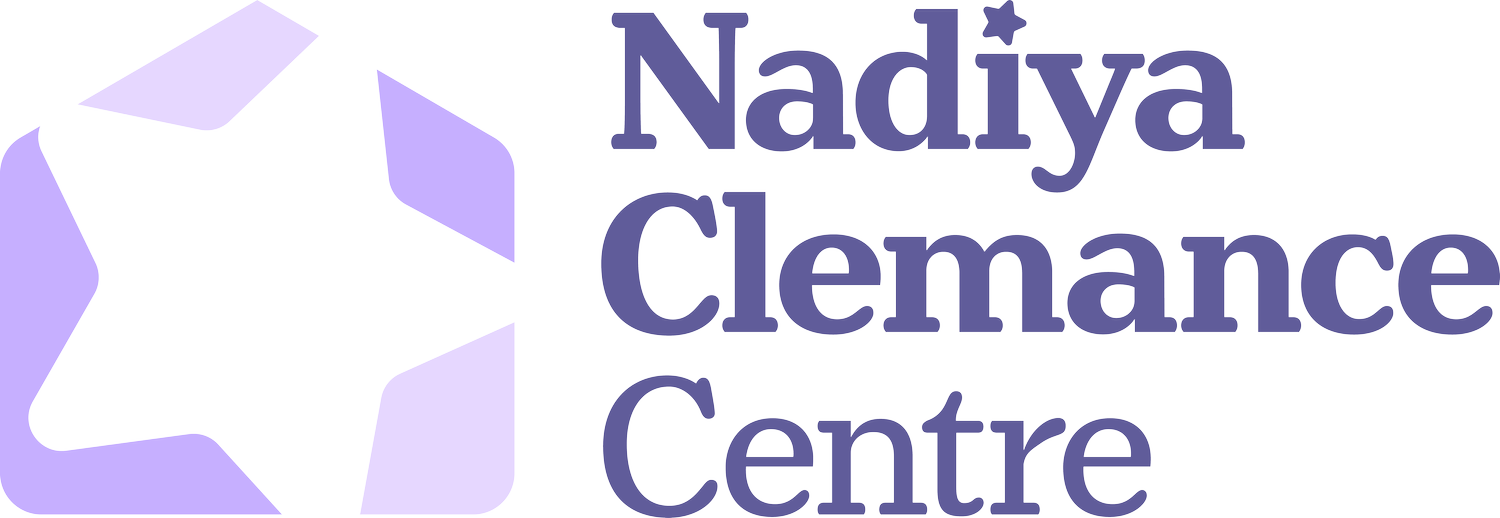
A commitment that lasts from the earliest years onward.
Early Childhood Education isn’t about early academics; it’s about building strong foundations for life.
Backed by research in brain development and child psychology, Early Childhood Education focuses on care, connection, and creating safe, engaging environments where children grow socially, emotionally, physically, and cognitively. Instead of worksheets or drills, children learn through play, relationships, and meaningful everyday experiences that prepare them for life, not just school.
Teaching Framework
-
Foundation: Respectful, Relationship-Centered Care & Reggio-Inspired Practice
This is where it all begins.
We are guided by relationship-based caregiving principles that respect each child’s pace, voice, and autonomy—especially in infancy and toddlerhood.
Our environments and image of the child are deeply inspired by the Reggio Emilia Approach—where learning is visible, spaces are intentional, and each child is seen as competent.
-
Structural Support: Developmental Interaction Approach
This is our internal framework—how we understand and support growth.
We use developmental theory and social justice principles from the Developmental Interaction Approach to guide our observations and assessments, our planning based on where each child is developmentally, and our understanding behavior through a whole-child lens.
This ensures that we are responsive and intentional.
-
Roof & Windows: Inquiry-Based and Project-Based Learning
This is how learning unfolds, especially in the preschool years.
Children explore real-world questions through investigation and projects. Teachers follow children’s interests, scaffold thinking, and help document their discoveries.
This gives structure to the day-to-day curriculum while honoring curiosity and voice.
-
Why This Works
RIE & Reggio give us respect and vision. DIA keeps us grounded in what’s developmentally appropriate. Inquiry & Projects give children voice, depth, and meaningful learning experiences.
Together, this house nurtures strong, capable, compassionate learners—from the very first months of life.
Observation, Documentation & Family Communication
Observation
Educators observe daily to understand how each child thinks, feels, and grows. These observations guide our curriculum planning and help us respond to each child’s unique developmental path.
Monthly Newsletter
Our newsletter shares a summary of classroom projects and interests, photos and reflections, announcements and upcoming plans, and ideas for extending learning at home
Documentation
We document learning to reflect children’s voices, ideas, and discoveries. This includes learning stories, photos of hands-on exploration, and art and creative work.
Documentation is shared through displays, portfolios, and conversations with families to make learning visible and purposeful.
Parent–Teacher Conferences
Conferences are held regularly to reflect on the child’s development. We share portfolios with documentation and educator insights, developmental observations, goals, and next steps for learning
Daily Diary
Families receive a brief, thoughtful summary of the day—highlighting moments of connection, exploration, and care. This may include sleep and feeding routines, activities and observations, and a glimpse into group experiences and individual highlights.
